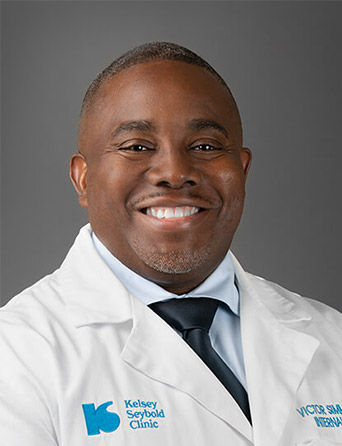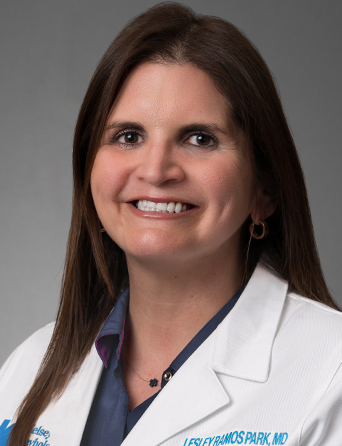Join Our eNewsletter!
Subscribe to our monthly newsletter to receive encouraging advice to help you lead a healthy lifestyle.

The Role of a Neuro-Oncologist in Cancer Care
Cancers of the central nervous system (CNS) are highly complex and require the involvement of multiple specialists to diagnose and treat them. If you or a loved one is diagnosed with a tumor that affects the brain, peripheral nerves, or spinal cord, it is very likely that a neuro-oncologist will be a part of the care team.
Expertly trained to deliver a multidisciplinary approach to the treatment of CNS-related cancers, neuro-oncologists know how to diagnose and manage neurological complications, such as seizures and headaches and the cognitive symptoms that come along with them.
Neuro-oncologists treat common and rare forms of CNS cancers, including gliomas (glioblastoma, oligodendroglioma, and astrocytoma), meningiomas, lymphoma, and medulloblastoma.
They also may be involved in treating tumors that reach the CNS from other parts of the body and the neurological side effects that can occur as part of systemic cancer treatment.

Taking on multifaceted roles, neuro-oncologists are involved in not only the diagnosis and treatment protocols but research and education efforts as well. As more people are diagnosed with CNS cancers, the demand for neuro-oncologists continues to increase.
Neuro-Oncologists’ Role in the Diagnosis of CNS-Related Tumors
Trained in both Oncology and Neurology, neuro-oncologists are often instrumental in confirming an official diagnosis when a CNS-related tumor is suspected. Primary care or specialist providers may refer patients presenting with certain symptoms to a neuro-oncologist for evaluation.
These general symptoms may include:
- Balance problems and vertigo
- Blurred vision
- Memory loss
- Changes in personality and behavior
- Difficulty speaking or understanding speech
- Seizures
- Chronic or severe headaches
- Unexplained drowsiness
- Unexplained nausea and vomiting
- Unexplained numbness, weakness, or lack of coordination
During a diagnosis neurological exam, a neuro-oncologist will test a patient’s hearing ability, coordination, reflexes, and strength. From there, neuro-oncologists may order biopsies and magnetic resonance imaging (MRI) and other tests to pinpoint the type and location of the suspected tumor.

How Neuro-Oncologists Help in the Treatment of CNS-Related Tumors
Neuro-oncologists play a critical role in the treatment plan of a CNS tumor, working in close collaboration with other specialists, including neurosurgeons, radiation oncologists, and neuropathologists. A treatment approach may include surgery, chemotherapy, radiation, and other treatment options.
Neuro-oncologists are also involved in providing supportive care and managing symptoms that may arise due to treatment.

Neuro-Oncologists Are at the Forefront of Research
Neuro-oncology is an emerging specialty in the medical field, so there is a lot to learn. The role of a neuro-oncologist goes well beyond patient care and the bedside. Neuro-oncologists are often heavily involved in research efforts to better understand the nature and behavior of CNS-related tumors. They also participate in clinical trials to devise new treatment options for neuro-oncology patients.
Receiving the news that you or a loved one has brain cancer, or another type of CNS cancer, can be overwhelming. However, knowing that you have a highly trained specialist involved in the different stages will hopefully give you some confidence about the journey.








